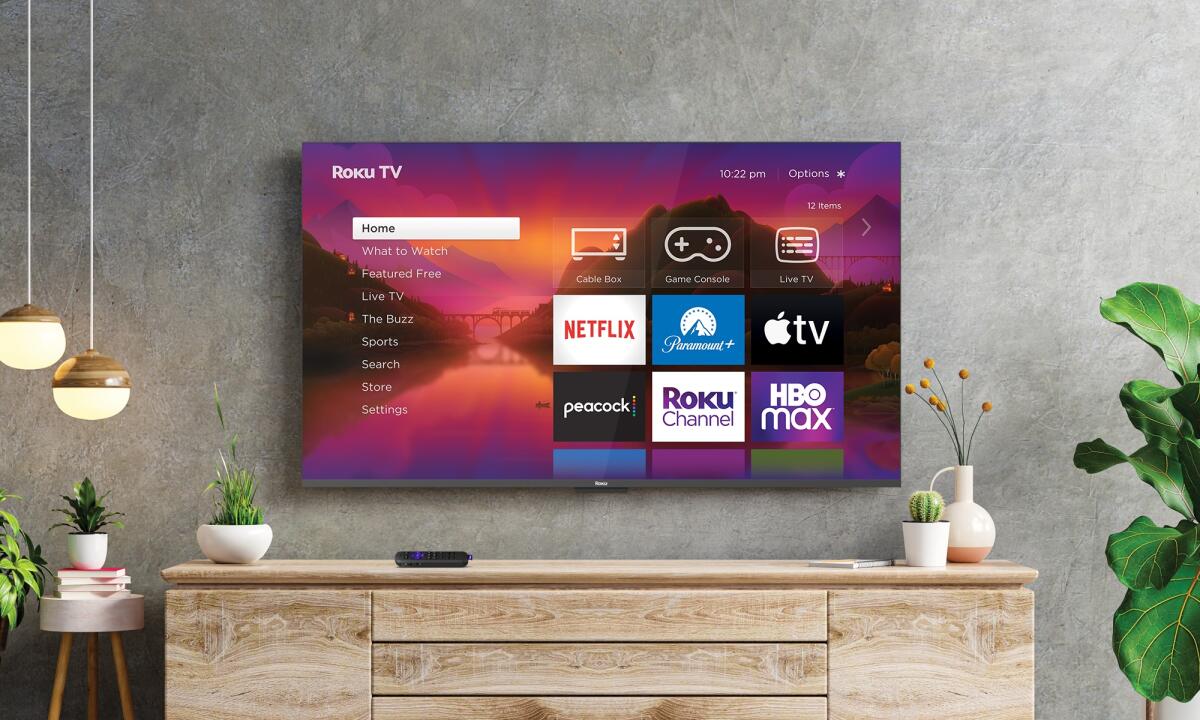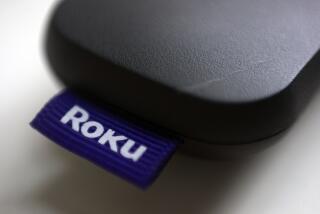Roku says 576,000 accounts were hacked in latest breach

- Share via
Roku on Friday disclosed that 576,000 accounts were accessed by malicious actors.
The San José technology company said that it discovered the problem after monitoring unusual account activity on its platform earlier this year that affected roughly 15,000 user accounts.
Tech executive Mark Robins decorates his home in holiday lights synced up to more than two dozen songs. His impressive display caught the attention of Roku’s CEO, which helped Robins eventually land a pivotal role at the streamer.
Through its investigation, Roku said that the malicious actors stole the login credentials through a different source and applied a practice called “credential stuffing,” applying stolen usernames and passwords across multiple platforms to take advantage of people who use the same credentials across multiple services.
In fewer than 400 of the cases, Roku said the malicious actors made unauthorized purchases of streaming subscriptions and Roku hardware products, but did not gain access to full credit card information.
“We concluded at the time that no data security compromise occurred within our systems, and that Roku was not the source of the account credentials used in these attacks,” Roku said in a statement.
The company said it is enabling two-factor authentification for all of its 80 million account holders. Roku reset passwords for the affected accounts and reversed or refunded the unauthorized charges made by the malicious actors, the firm said.
“We also want to reassure customers that these malicious actors were not able to access sensitive user information or full credit card information,” Roku said.
Hollywood talent agencies and producers have met with AI companies, including ChatGPT maker OpenAI, to learn about how their technologies could be used in entertainment.
More to Read
Inside the business of entertainment
The Wide Shot brings you news, analysis and insights on everything from streaming wars to production — and what it all means for the future.
You may occasionally receive promotional content from the Los Angeles Times.













